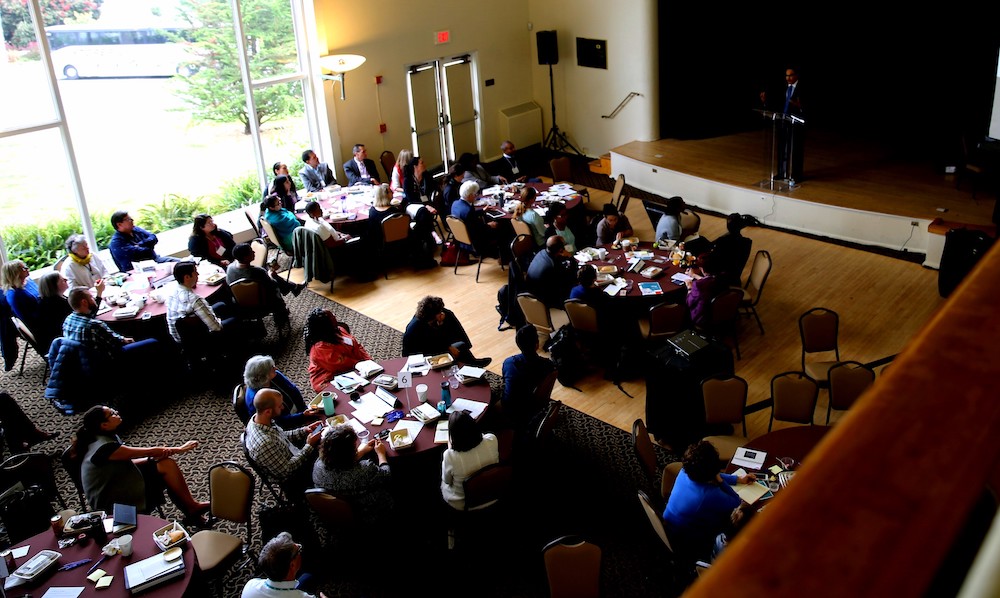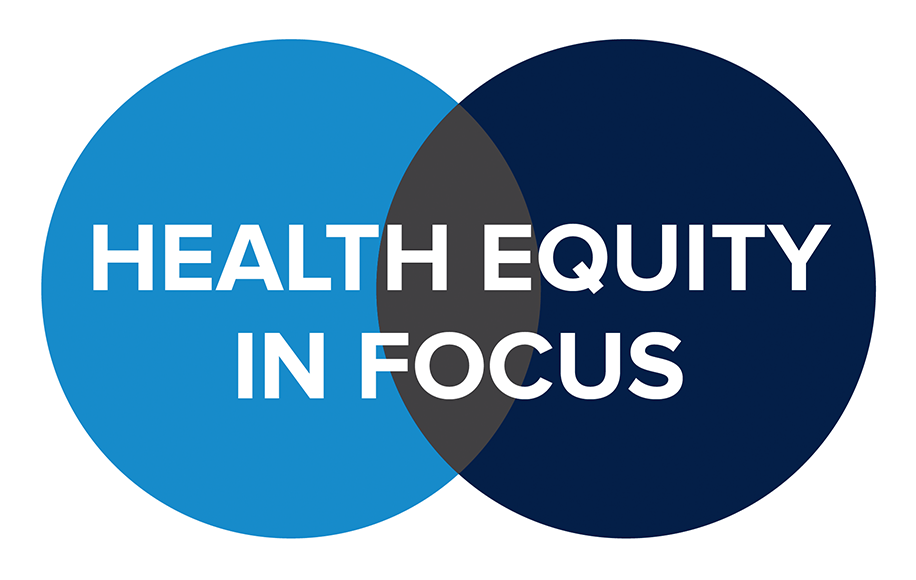
We have a long history at UCSF of advancing equity, for the patients and communities we have the privilege to serve, and for each other. As we continue to engage in dialogue and take actions to dismantle systemic racism’s multifaceted challenges, we dedicate ourselves to achieving these vital changes because we know that diversity, equity, and inclusion are critical to our success.
What follows are some of the needed infrastructure and interventions instituted through Differences Matter and our individual departments that have helped change the culture at UCSF and set the course for us to pursue our goal of becoming the most diverse, equitable and inclusive academic medical system in the country.
Leadership
- In collaboration with the Chairs and Directors Council on Diversity (CD2), created an annual assessment of the School of Medicine departments' demographic metrics to measure and continuously improve upon the success of our efforts to achieve diversity of our faculty, staff and learners.
- Created the Best Practices for Diversity, Equity, and Inclusion for Leadership Searches and Appointments in the School of Medicine guide to ensure that all of our searches for faculty positions, especially those assuming leadership, are fair, equitable, and create the best possible opportunity to attract diverse applicants.
Recruitment, Retention and Climate
- Created the Diversity, Equity, and Inclusion (DEI) Champion Training for faculty, designed to reduce microaggressions experienced by learners and improve the learning environment. To-date, more than 3,000 faculty and staff have been trained and this training has been expanded to include faculty and staff from across campus and UCSF Health.
- Developed resources to assist in recruitment of residents including:
- Some of our departmental best practices include:
- Re-written job descriptions to increase recruitment of diverse applicants.
- Offer letters that explicitly state an expectation and commitment to DEI.
- Set expectation that completing DEI Champion Training is mandatory within first year of joining the department.
- Development of a crowd-sourced anti-racism self-study guide compiled by staff, students, and faculty and anti-racism trainings.
- Dedicate a certain percentage of Grand Rounds to address to DEI topics and maintain a balance of diverse speakers.
Clinical Health Equity
- Established Health Equity Councils at UCSF Health and San Francisco VA Health Care System to coordinate and synergize equity work across clinical settings.
- Created Equity Toolkits for Oversight Departments and Patient Experience Departments, designed to institutionalize equity in patient care among oversight departments (Systems Improvement, Quality Management, Patient Safety) and patient experience departments.
 Launched the Health Equity in Focus Campaign and pledge to commit to advancing diversity, equity, and inclusion in healthcare to Educate, Advocate & Act on the issues of health equity and health care equity.
Launched the Health Equity in Focus Campaign and pledge to commit to advancing diversity, equity, and inclusion in healthcare to Educate, Advocate & Act on the issues of health equity and health care equity.- Some of our departmental best practices include:
- Statement of commitment to diversity, equity and inclusion displayed in all clinical spaces.
- Studied department practices and how health care quality is impacted by unconscious and conscious bias.
- Evaluated and changed structures that disadvantage certain populations over others.
Research
- Partnered with San Francisco State University to develop and implement a Clinical Research Coordinator (CRC) training program for URM students to enhance the diversity of CRCs at UCSF and beyond.
- Created a Diverse eCohort Steering Committee with four community organizations and UCSF researchers, to increase diversity among participants in online or technology-based research, and developed two multilingual research portals.
- In collaboration with CTSI, created a consultation service for minority accrual to clinical trials.
- NIH provides funding to attract minority trainees and faculty to research careers. NIH Research Supplements to Promote Diversity in Health Related Research (or “Diversity Supplements”) provide additional funding for trainees and faculty to work on an existing NIH funded project in a particular area of interest. The Diversity Supplement Toolkit helps researchers secure this additional funding.
Learning Environment
- Redesigned graduation milestones to include proficiency in structural competency and social justice, and integrated social justice throughout the 4-year curriculum.
- Launched an advisory committee to assist and provide feedback to educators developing curriculum that mentions racism, race, and racial/ethnic health disparities.
- Published an Anti-Racism Primer and Toolkit, devised to assist educators in the development and cultivation of deeper and personal competencies in addressing and discussing health disparities, social justice, bias, and racism.
- The Anti-Racism for Medical Educators Checklist is a one-page accompanying checklist distilled from the longer guide in the Primer and Toolkit in order to assist educators in reviewing their curriculum.
Pipeline, Outreach, and Pathway Programs
- Created a directory of UCSF-affiliated pathway, outreach and pipeline programs.
- Developed a workshop series for pathway, outreach, and pipeline program directors.
- Some of our department best practices include:
-
Department-sponsored virtual diversity outreach events for interested URM learners who do not have the opportunity to rotate.
-
Path to Post Doc Program provides an opportunity for talented senior URM students to interact with Basic Science faculty.
-
Published peer-reviewed journal articles chronicling DEI efforts and impact.
-
Financially support UIM and women societies and provide mentoring and sponsorship opportunities to UIM and women junior faculty and learners.
-
For more information on any of these best practices, please contact [email protected].
